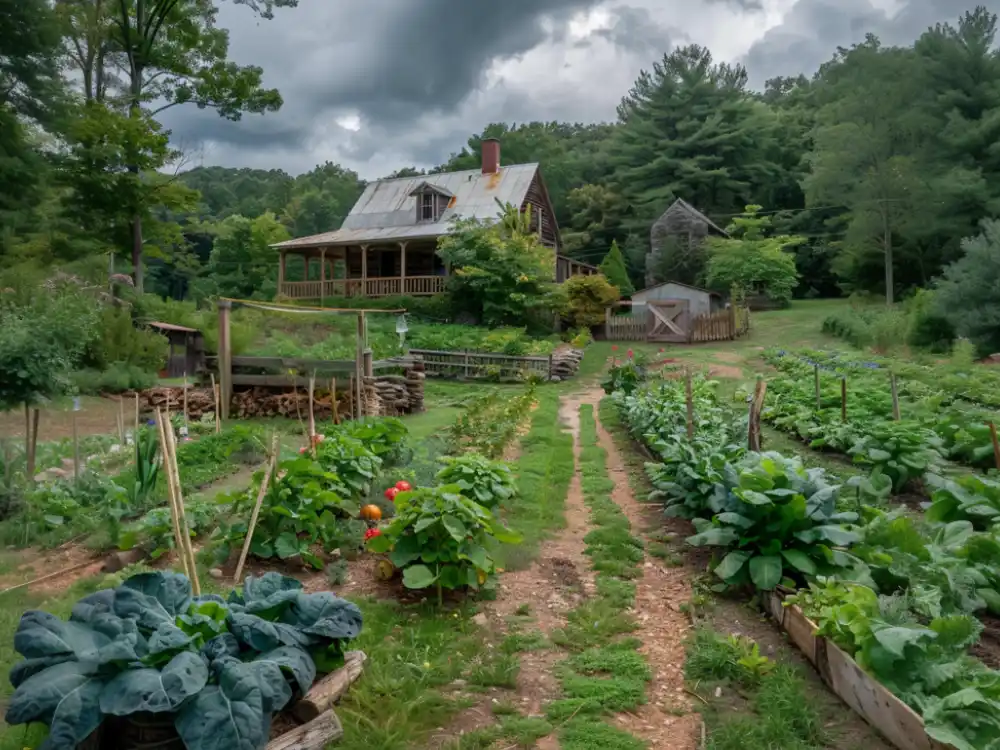Rain barrels are becoming increasingly popular among homeowners who want to conserve water and reduce their environmental impact. These simple devices collect rainwater from rooftops and store it for later use, such as watering plants or washing cars. While rain barrels offer several advantages, they also come with a few disadvantages. In this article, we will explore both sides to help you make an informed decision about whether a rain barrel is right for you.
Advantages of Rain Barrels
1. Water Conservation: One of the main benefits of rain barrels is their ability to conserve water. By collecting rainwater, you can reduce your reliance on municipal water supplies, especially during dry periods or droughts. This not only helps you save money on your water bill but also helps to preserve this precious resource.
2. Environmental Benefits: Using rain barrels can have a positive impact on the environment. By collecting rainwater, you can reduce stormwater runoff, which can carry pollutants into rivers, lakes, and oceans. Additionally, rainwater is free from chlorine and other chemicals commonly found in tap water, making it healthier for plants and soil.
3. Cost Savings: Another advantage of rain barrels is the potential for cost savings. By using collected rainwater for outdoor activities like watering your garden or washing your car, you can significantly reduce your water consumption. This can lead to lower water bills and overall savings in the long run.
4. Self-Sufficiency: Rain barrels provide a sense of self-sufficiency, allowing you to rely on your own water supply rather than depending solely on municipal sources. This can be particularly beneficial during water restrictions or in areas where water shortages are common.
Disadvantages of Rain Barrels
1. Limited Storage Capacity: One of the main disadvantages of rain barrels is their limited storage capacity. Depending on the size of the barrel, it may only hold a few dozen gallons of water. This can be insufficient for larger gardens or during extended dry periods, requiring you to supplement with other water sources.
2. Maintenance: Rain barrels require regular maintenance to ensure proper functioning. They need to be cleaned periodically to prevent the buildup of debris, leaves, and mosquito larvae. Additionally, during freezing temperatures, rain barrels should be emptied or properly insulated to prevent damage.
3. Aesthetics: Some homeowners may find rain barrels to be unsightly, especially if they are not properly integrated into the landscape. While there are decorative options available, they may come at a higher cost.
4. Initial Investment: Purchasing a rain barrel and setting up the necessary infrastructure can require an initial investment. While the cost can vary depending on the size and features of the barrel, it is important to consider the upfront expenses before deciding to install a rain barrel.
Conclusion
Rain barrels offer numerous advantages, including water conservation, environmental benefits, cost savings, and self-sufficiency. However, it is important to also consider the disadvantages, such as limited storage capacity, maintenance requirements, aesthetic concerns, and the initial investment. Ultimately, the decision to install a rain barrel should be based on your specific needs, preferences, and the feasibility of integrating it into your home and landscape. With proper maintenance and consideration of the drawbacks, rain barrels can be an effective tool for water conservation and sustainability.

